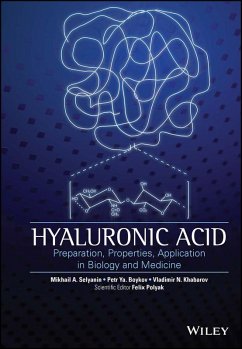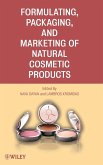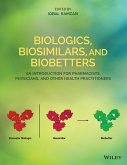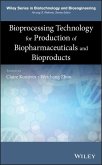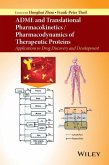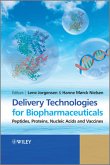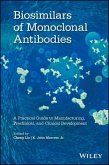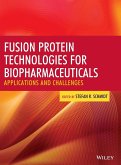Hyaluronic acid is an essential part of connective, epithelialand neural tissues, and contributes to cell proliferation andmigration. It is used as a stimulating agent for collagen synthesisand is a common ingredient in skin-care products, a multi-billiondollar industry, as it is believed to be a key factor in fightingthe aging process.
Hyaluronic Acid: Production, Properties, Application inBiology and Medicine consists of six chapters discussing thevarious issues of hyaluronic acid research. In Chapter 1, ahistorical analysis recounts the discovery and milestones of theresearch leading to the practical applications of hyaluronan.Chapter 2 is dedicated to biological role of the hyaluronic acid innature, in particular in the human body. The chapter starts fromthe phylogenesis of hyaluronic acid, then describes hyaluronanfunctions in human ontogenesis and especially the role whichhyaluronan plays in extracellular matrix of the different tissues.Chapter 3 describes the methods to manufacture and purifyhyaluronic acid, including the analytical means for assessingquality of the finished product. Chapter 4 discusses the structureand rheological properties of hyaluronic acid considering effectson conformation and biological properties related to molecularweight. In Chapter 5, the physical and chemical methods formodifying the structure of hyaluronan are discussed includingcross-linking using bi-functional reagents, solid-phasemodification and effects of the combined action of high pressuresand shift deformation. The final chapter focuses on the productsderived from hyaluronic acid, including therapeutics composed ofmodified hyaluronan conjugated to vitamins, amino acids andoligo-peptides. The biological roles and medical applications ofthis polysaccharide have been extensively studied and this bookprovides a wealth of scientific data demonstrating the criticalrole of hyaluronic acid and its promise as a multifacetedbio-macromolecule.
Approaching hyaluronic acid from multiple angles, this booklinks relationships between its biological functions, structure andphysical-chemical properties. It will be an invaluableresource to researchers, both industrial and academic, involved inall aspects of hyaluronan-based technologies.
Hyaluronic Acid: Production, Properties, Application inBiology and Medicine consists of six chapters discussing thevarious issues of hyaluronic acid research. In Chapter 1, ahistorical analysis recounts the discovery and milestones of theresearch leading to the practical applications of hyaluronan.Chapter 2 is dedicated to biological role of the hyaluronic acid innature, in particular in the human body. The chapter starts fromthe phylogenesis of hyaluronic acid, then describes hyaluronanfunctions in human ontogenesis and especially the role whichhyaluronan plays in extracellular matrix of the different tissues.Chapter 3 describes the methods to manufacture and purifyhyaluronic acid, including the analytical means for assessingquality of the finished product. Chapter 4 discusses the structureand rheological properties of hyaluronic acid considering effectson conformation and biological properties related to molecularweight. In Chapter 5, the physical and chemical methods formodifying the structure of hyaluronan are discussed includingcross-linking using bi-functional reagents, solid-phasemodification and effects of the combined action of high pressuresand shift deformation. The final chapter focuses on the productsderived from hyaluronic acid, including therapeutics composed ofmodified hyaluronan conjugated to vitamins, amino acids andoligo-peptides. The biological roles and medical applications ofthis polysaccharide have been extensively studied and this bookprovides a wealth of scientific data demonstrating the criticalrole of hyaluronic acid and its promise as a multifacetedbio-macromolecule.
Approaching hyaluronic acid from multiple angles, this booklinks relationships between its biological functions, structure andphysical-chemical properties. It will be an invaluableresource to researchers, both industrial and academic, involved inall aspects of hyaluronan-based technologies.

